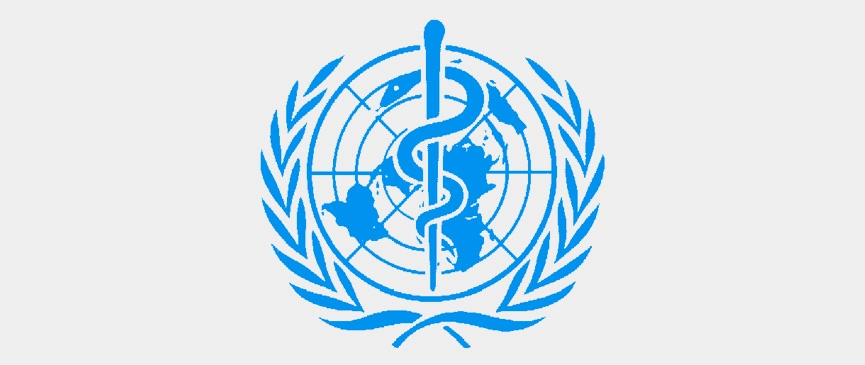Main content
World Health Organization Prince of Asturias Award for International Cooperation 2009

Speech by Margaret Chan, Director-General WHO:
In granting this prestigious award to the World Health Organization, the Prince of Asturias Foundation is honouring two principles that have consistently guided the work of WHO: the intrinsic value of health for all people, and the importance of international cooperation in realizing health gains.
The two go together. Health is the very essence of our common humanity. It is part of our human nature to value and desire good health. And it is in the best interests of all nations to build a common understanding of threats to health and to promote good will in seeking and sharing solutions.
When WHO was founded 61 years ago, a central aim was to provide a mechanism through which all countries could work together in the pursuit of better health. A commitment to the principles of equity and social justice was present from the start.
This is the heart of the moral and ethical imperative to work together for health, to make life better for the people worst off. No one should be denied access to life-saving medical care for unfair reasons, including those with economic or social causes.
The need for international cooperation in health has become even more important under the unique conditions of the 21st century. At a time of radically increased interdependence among nations, health problems everywhere are being shaped by the same powerful forces, creating universal threats.
The globalization of unhealthy lifestyles has fuelled an alarming worldwide rise of chronic diseases, like heart disease, cancer, and diabetes – diseases now found in rich and poor countries alike. Changes in the way humanity inhabits the planet have spurred the emergence of new diseases and accelerated their international spread.
The climate is changing, with profoundly negative consequences for health. Killer diseases, like HIV/AIDS, malaria, and tuberculosis, are not yet under control.
Advances in medicine have raced ahead, but far too many people have been left behind. The first influenza pandemic of the 21st century is spreading in a world where differences in income levels, in health status, in access to care, and in resources for health are greater than at any time in recent history.
By honouring the work of WHO, the Prince of Asturias Foundation is also honouring the need for greater fairness in sharing the benefits of medical progress. You reinforce our optimism. The best of human nature – our creativity, generosity, and genuine desire to help – will always prevail when the health of people is at stake.
Thank you.
End of main content
